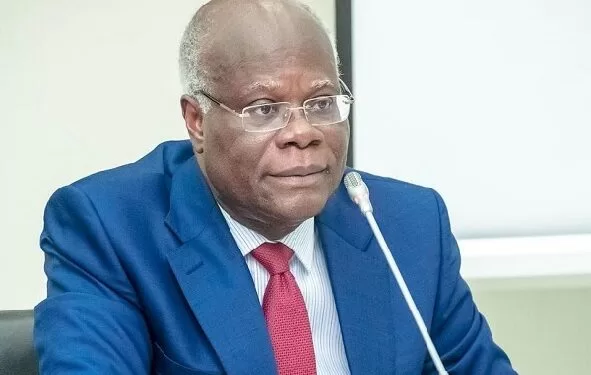Crude oil prices gained amid falling inventories and an uncertain economic backdrop, ANZ Bank said in a Friday note. Brent crude rose 0.3% to US$83.55 per barrel and West Texas Intermediate crude edged higher by 0.2% to US$79.38/b at last look early Friday.
Sentiment remained supported by a second consecutive weekly drop in US crude inventories and signs of slowing inflation, the bank noted. The oil market was largely range-bound as it contemplated the Organization of the Petroleum Exporting Countries’ next move.
The possibilities include an extension, unwinding or complete removal of 2.2 million barrels per day of voluntary output cuts, ANZ Bank said.
The bank’s current model is based on a gradual unwinding of the cuts in the second half of 2024. However, even with an unwinding, the market is expected to move into a deficit, with the future call on OPEC production well above current output.
As a result, ANZ Bank forecast a crude oil price of US$90/b in the second half. Should OPEC choose to remove the cuts, the bank’s fair value models suggest prices could fall as low as US$75/b. Meanwhile, an extension could result in significant deficits and push prices to US$100/b.
Fundamentals suggest that the market could handle higher output from OPEC and its allied producers in the second half, but the optics of ending the output cuts could lead to a heavy selloff in the futures market, ANZ Bank noted. Thus, an extension is the most likely outcome.
In its note, Commerzbank said the oil market has been trending slightly downwards, but prices are expected to recover in the months ahead, casting a shadow over the Organization of the Petroleum Exporting Countries’ June meeting,
The International Energy Agency’s downward revision of its 2024 global oil demand forecast had a negative impact on prices, but the oil market is already undersupplied starting this quarter, according to the agency. The U.S. Energy Information Administration also reported a significant weekly decline in US crude oil inventories.
Commerzbank believes OPEC and its allied producers are likely to find it difficult to reverse their voluntary output cuts, which were only supposed to last through the first half of the year, without risking a price drop.
However, maintaining the cuts also means the supply deficit will widen in the second half of the year as demand is expected to rise, the bank noted. This is the basis for Commerzbank’s expectations that oil prices will rise in the months ahead.
US stock draws and growing expectations that the US Fed may start cutting rates soon continue to support the oil market. However, while macro developments have been important for price direction and sentiment recently, OPEC+ output policy will become increasingly important ahead of the oil group members meeting at the start of next month.
In a note, ING commodity strategists believe that only a partial rollover is needed to ensure the market is balanced over the second half of 2024.
However, OPEC+ also needs to somehow manage market expectations, according to the note. “If consensus starts to move towards a full rollover of supply cuts, it becomes more difficult for OPEC+ to do anything other than a full rollover”.
The latest industrial output data from China shows that refiners reduced activity in April. Crude processed in the month fell by close to 3.5% year on year, to almost 14.4 million barrels per day.
Apparent domestic demand was also weaker, falling by close to 3% per year to a little more than 14.6 million barrels per day, according to analysts’ note.
In addition, stronger year-on-year crude oil imports coupled with lower refinery activity meant that crude oil stocks grew at a pace of a little over 800k b/d in April, ING stated.
US natural gas prices continue to recover, with front-month Henry Hub futures breaking above $2.50/MMBtu and trading to its highest level since January.
EIA storage data yesterday showed that natural gas inventories increased by 70bcf/d over the past week, less than the 77bcd/f expected, and below the 5-year average of 90bcf/d.
While total US storage is still comfortable at almost 31% more than the 5-year average, the gap is narrowing, falling from a little more than 33% last week, according to analysts’ note.

 Sports4 days ago
Sports4 days ago
 Business4 days ago
Business4 days ago
 Business4 days ago
Business4 days ago
 Health4 days ago
Health4 days ago
 Business4 days ago
Business4 days ago
 Politics4 days ago
Politics4 days ago
 Entertainment4 days ago
Entertainment4 days ago
 Sports4 days ago
Sports4 days ago















